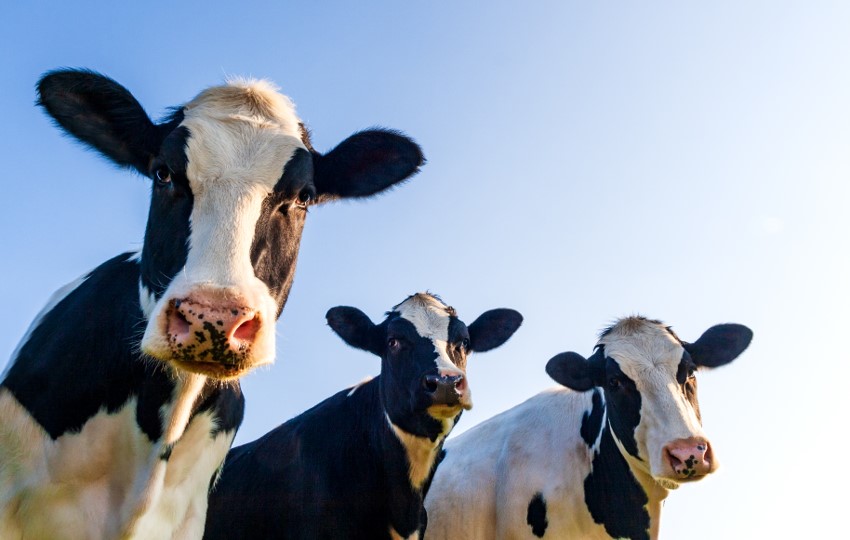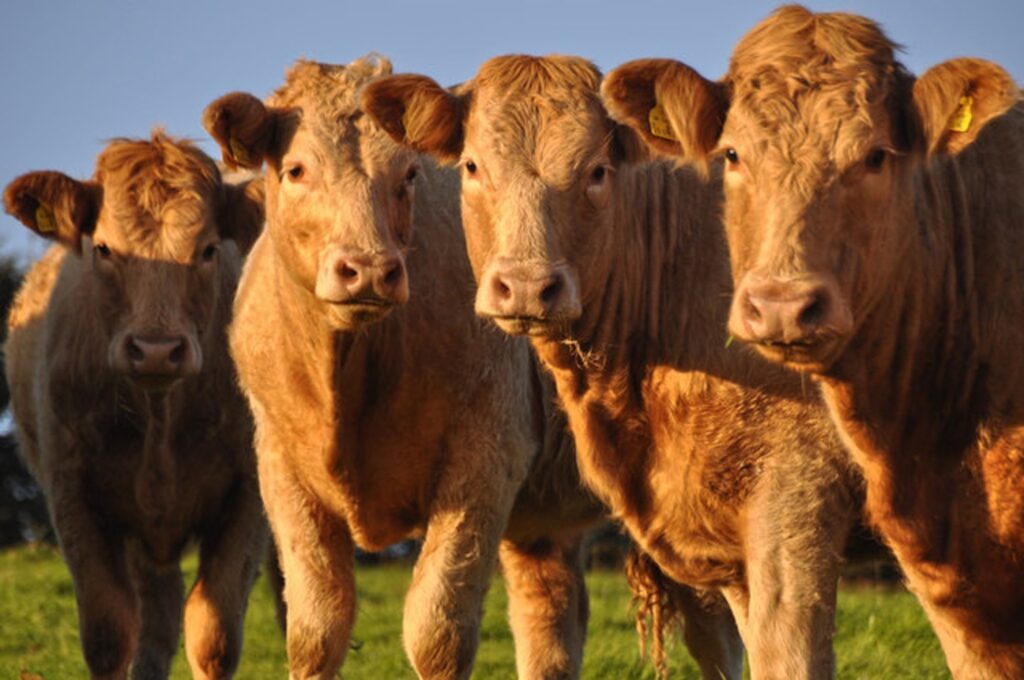
Best in class business model for livestock data services and tech company
Posted 2 years ago
At its pivotal half-century mark, the Agricultural Business Research Institute commissioned Impact Innovation to help it review and refresh the strategic direction that will drive innovation-led growth for the next 50 years.
-
32 stakeholder interviews
-
6 revised strategic actions
-
12-month implementation roadmap
The Challenge
The Agricultural Business Research Institute (ABRI), a controlled entity of the University of New England that commercialises ground-breaking breeding information technologies, has supported Australian and international livestock industries to achieve improved profitability, efficiency and sustainability since 1970.
Over five decades, ABRI has licensed, developed and marketed world-leading software to accelerate genetic gains in beef breeding and manage critical herd testing data for dairy farmers. Breed secretariat and independent export certification services now complement customised solutions for multiple livestock species, including cattle, sheep, goats, alpaca, horse, elk, buffalo, and wildlife.
As more agtech and agribusiness competitors have entered the market to address common challenges – both traditional and unique to the 21st century – ABRI recognised that adapting enterprise-wide to the fast-changing needs and new expectations of livestock breeders would be paramount for maintaining its reputation as the source of high-quality information services and technology-driven products.
Factors demanding ABRI’s attention included sustained record-high prices, an ageing producer population, consolidation of herds and accompanying increasing productivity per head, and rising rates of on-farm automation and robotics adoption.

With the interests of long term and complex stakeholder relationships to consider, ABRI sought the expertise of external facilitators to help identify and navigate obstacles as an ideal sustainable future was envisioned and embraced.
“We have the strong foundation of a long and proud history, but reflecting on what else we could do, we realised we needed more clarity and objectivity to articulate what that future might look like and how we would get there,” said ABRI’s Managing Director, Hugh Nivison.
“External input would be the catalyst for change and start the momentum that was harder to generate internally.
“We also needed to work with strategy facilitators who were familiar with the nuances of our ecosystem and stakeholder partnerships, but who could also suggest new perspectives.
“Impact Innovation brought not only innovation and commercialisation expertise to the table, but also relevant experience with the livestock industry, government agencies, and the university sector.
“Importantly, they offered us a two-pronged solution, one that went beyond a report about what our current strengths and options are, to one that included driving an action plan for making the necessary changes that would set us up for the next 50 years,” Mr Nivison said.
The Solution
Collaborating with the Haines Centre for Strategic Management, Impact Innovation drew from various innovation models and the Haines Centre’s systems thinking approach to design a “future fit” ABRI aligned to the ISO 56002 Innovation Management System Standards.
This global best practice “business model renovation” would see ABRI operating as an innovation engine with the inputs, the processes and the outputs all connected and focused on generating relevant value for stakeholders.
In Stage 1, the Strategy Refresh Review, the Haines Centre’s “ABCs of organisation-wide change and effective governance” model was applied to analyse existing activities and identify strategic organisational change options for the ABRI board to consider.
In Stage 2, an Innovation Management System context guided the development of two crucial tools for supporting the board and the senior management team as changes were adopted:
- a prioritised action plan in the form of a staged implementation roadmap.
- a commercialisation assessment framework with stage gates for developing new products and new markets.
The 12-month project included an environmental scan; workshopping a clear vision for innovation; value proposition exercises; determining innovation value metrics in line with corporate objectives; systemising innovation with clear lines of authority, responsibility and accountability; and establishing support within the organisation and the ecosystem to drive innovation success.
“Change is confronting, but it’s also exciting when you understand the goal.”
The Outcomes
A clear picture was painted from more than 60 hours of customer interviews and stakeholder discussions with livestock breeders, commercial producers and corporate farmers as co-producers in the agtech data value chain.
ABRI needed to act urgently in response to its customers’ demand for access to affordable, highly customised “one-to-one” software products, subscription services, and real-time support.
“The review, especially the stakeholder interviews, confirmed much of what we already knew or suspected,” said Hugh Nivison.
“What was valuable, however, is the way the concepts were crystallised and made obvious, and no longer ignorable.”
“Uncomfortable discoveries, like ABRI is not as special as we thought and that none of us are indispensable, also revealed opportunities for improving service and communication, and upgrading products so they suit how customers want to use them.”
The staged implementation roadmap for organisational change, based on best practice innovation management and governance principles, has helped ABRI to become a “vastly different business”, one that’s less risk averse and more confident to widen its horizons.
“We’re developing our people as our competitive edge, and that includes recruiting managers from diverse backgrounds with transferable skills to drive the change and lead new thinking,” Mr Nivison said.
“We’re accelerating to meet our customers’ speed of business, so we can better understand and translate their needs into profitable products that add value to their business.
“This has meant redefining the scope and scale of our commercial business models, and exploring new revenue opportunities with existing customers.
“Business process innovation is now geared to support high-speed, high-tech new product development incorporating data analytics and artificial intelligence.
“We’re working towards being more flexible and adaptable, becoming more externally focused, and this is how we will maintain excellence and quality in the agribusiness data value chain while strengthening our formal networks, partnerships and alliances.
“Change is confronting, but it’s also exciting when you understand the goal.”
Find out what makes ABRI a world leader in agribusiness software: https://abriweb.une.edu.au/
Connect via https://www.linkedin.com/company/77107502/admin/feed/posts/
https://www.facebook.com/abri.une.edu.au.
Need expert help with your innovation-led strategic review and alignment with ISO 56002 Innovation Management System Standards? Click here to take the first step.